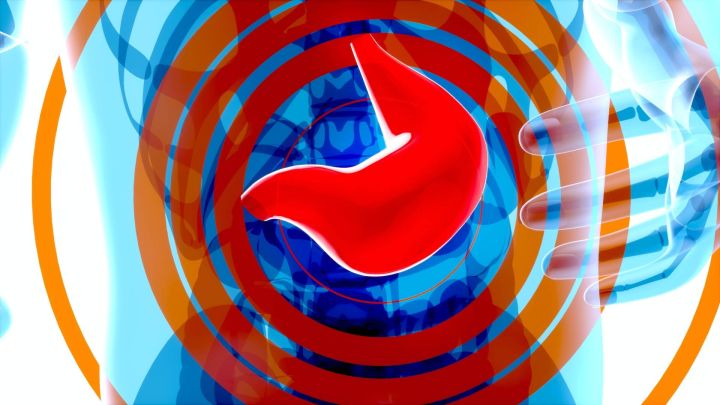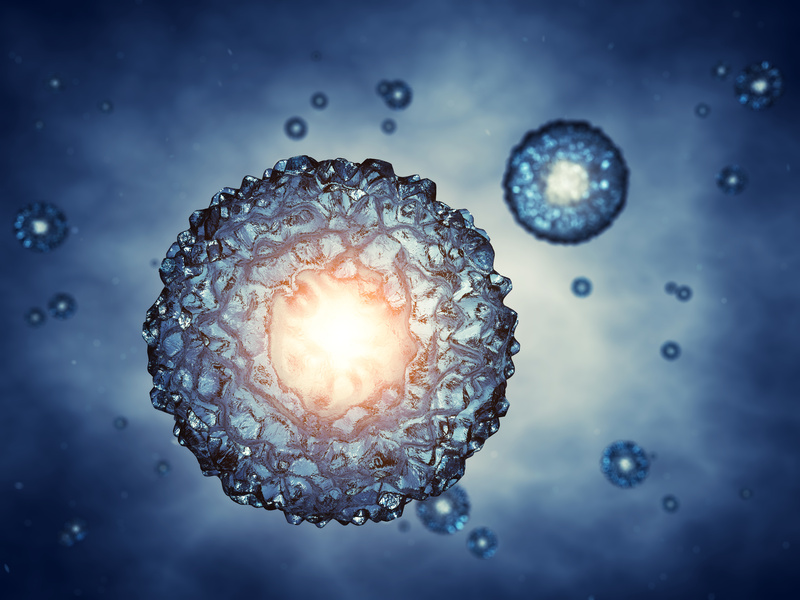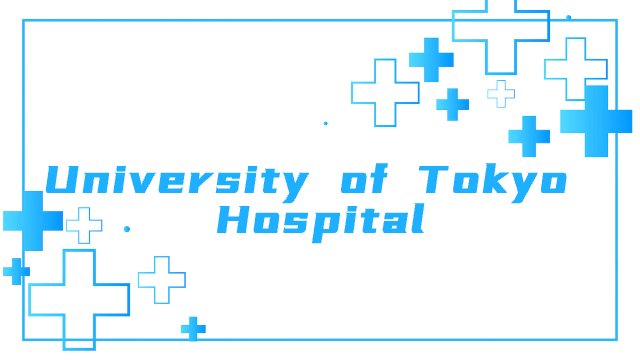
The Complete List Of Prescriptions For Stomach Ulcers
Stomach ulcers have become a common disease nowadays, and many young people suffer from this disease because they don't take care of their gastrointestinal tract in life, they always go on overeating and don't know how to control their diet, which will irritate the mucous membrane of the stomach and cause damage to the stomach.
Medical
Neoadjuvant Chemotherapy Reduces Colon Cancer Recurrence Rate By 28%, With Fewer Post-Operative Complications, Study Shows
Preoperative oxaliplatin-fluoropyrimidine chemotherapy given to colon cancer patients did not increase the risk of perioperative complications in colon cancer patients and did reduce postoperative recurrence rates, according to the results of the international phase 3/4 FOxTROT trial.
Disease
How effective is immunotherapy for gastric cancer? What other treatment options are available for gastric cancer?
Stomach cancer can cause abnormal symptoms in the digestive system, even vomiting blood and black stools, so it should be treated promptly after having stomach cancer
Healthy
Apparatus
Hospital
Royal Marsden Cancer Centre
The Royal Marsden Hospital was founded in 1851 and was the first hospital in the world dedicated to cancer. The Royal Marsden Cancer Centre is the largest comprehensive cancer centre in Europe and is regarded as one of the top three cancer centres in the world, treating over 60,000 NHS and self-funded patients each year.
MD Anderson Cancer Center, USA
MD Anderson Cancer Center, founded in 1941, is a world-renowned oncology hospital located in Houston, Texas, USA, and was one of the three early comprehensive cancer treatment centres designated by the National Cancer Initiative in 1971. It is one of the first three comprehensive cancer treatment centres designated by the National Cancer Initiative in 1971, and one of 39 comprehensive cancer treatment centres designated by the Medical Oncology Society, and is recognised as a good cancer hospital.
University of Tokyo Hospital - Top 10 Best Hospitals in the World
The Affiliated Hospital of the Medical Department of the University of Tokyo originated from the first vaccination institute (vaccinia vaccination institute) opened in present-day Tokyo in the late Edo era, and has been leading the development of Japanese medicine and medical industry for more than 150 years. Adhering to the philosophy of "devoting to the development of clinical medicine and the training of medical talents to provide the best medical treatment for each patient", the hospital carries out its daily work with the following purposes: (1) practice medical treatment that respects the wishes of patients; (2) Provide safe medical care; (3) Develop highly advanced medical treatment; (4) Cultivate excellent medical talents.
















